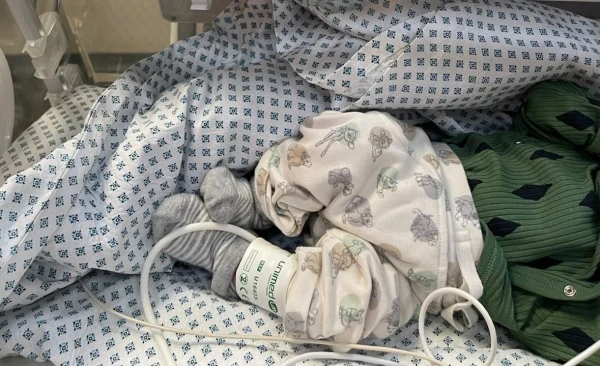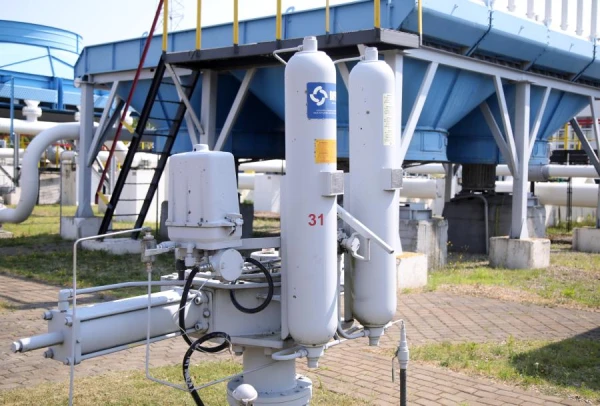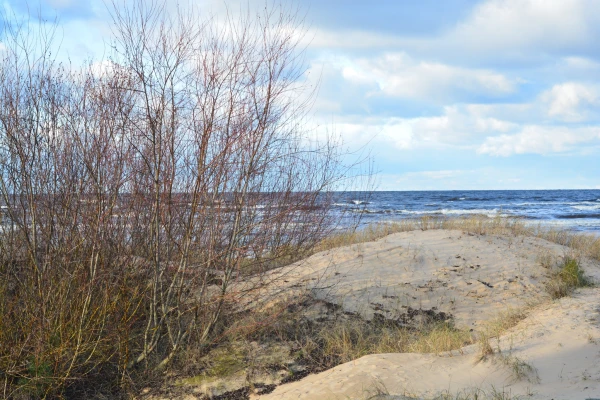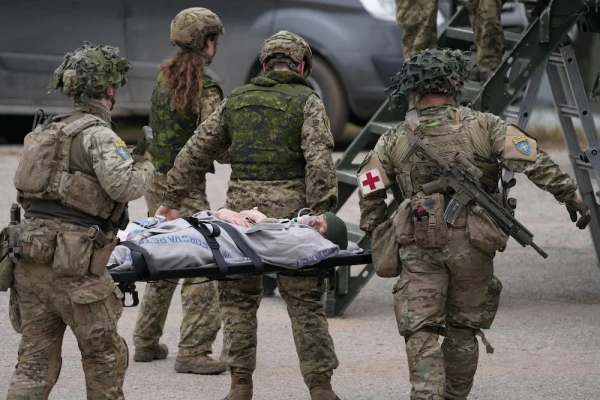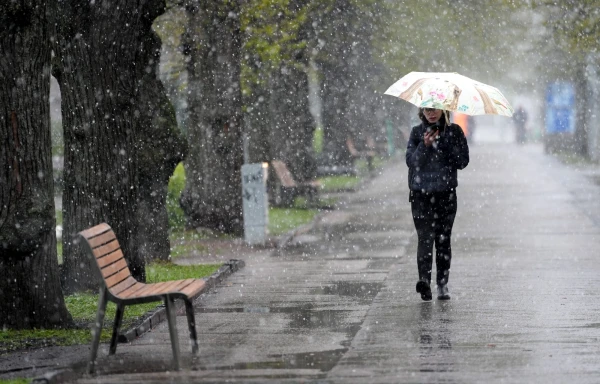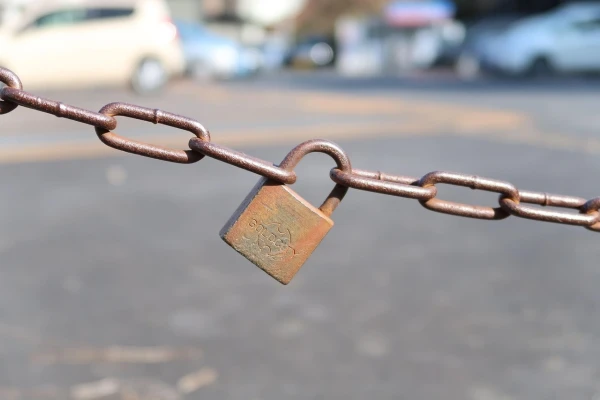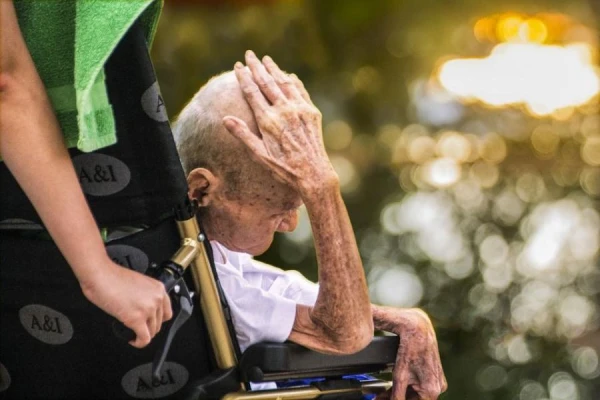
In the past and current year, the National Health Service (NHS) rejected all applications submitted by patients with Parkinson's disease with conclusions from neurologists' councils for compensation of new additional medications, the Latvian Association of Movement Disorder Specialists (Latvijas Kustību slimību speciālistu biedrība / LKSB) reported to the LETA agency.
Krista Lazdovska, a board member of LKSB, noted that patients were also denied payment for deep brain stimulation abroad.
According to the association, the availability of medical care for patients with Parkinson's disease in Latvia is the weakest in the Baltics. This was confirmed by discussions at the international neurology congress held on November 7 in Riga, where the accessibility of treatment and care for Parkinson's disease in Latvia and other Baltic countries was discussed.
The association concluded that there are significant differences in the treatment and care of such patients between the Baltic countries, and in Latvia, the availability of medical assistance in this area is significantly lower than in neighboring states.
LKSB points out that in Estonia, all progressive types of therapy are available to patients with Parkinson's disease with 100% compensation, as well as relatively good rehabilitation opportunities, although there are certain restrictive criteria.
In Lithuania, the situation is slightly worse, but still significantly better than in Latvia — there, deep brain stimulation surgeries are available in two centers, and medications are also compensated at 100%.
In Latvia, however, the state covers only 75% of the cost of medications, which leads to non-compliance with treatment recommendations for patients with moderate to severe (complicated) stages of Parkinson's disease and creates an excessive financial burden that directly affects the quality of life and treatment outcomes.
The association emphasizes that due to the nature of the disease, patients often find it difficult to actively advocate for their rights, so the principle of equal access to healthcare for all patients in the European Union is currently not being met in Latvia.
At the same time, monthly treatment costs range from 300 to 600 euros, which significantly affects the social security of patients and the well-being of their families.
The association calls for 100% compensation for medications for the treatment of Parkinson's disease in Latvia, to include progressive therapies using devices (deep brain stimulation and pump therapy) in the state treatment program, and to develop unified criteria and algorithms for prescribing progressive therapy methods.
LKSB also requests the introduction of multidisciplinary care teams and a coordinated rehabilitation system, the creation of a state register of patients with Parkinson's disease to improve data quality and healthcare policy planning, and to strengthen cooperation between the Baltic countries to harmonize care.
Additionally, it is proposed to provide support for patients and their families who care for them, as well as to integrate the principles of neurological palliative care into the healthcare system.
The association explains that Parkinson's disease is a chronic progressive disease of the central nervous system that affects movement, balance, and coordination mechanisms. It is considered the second most common neurodegenerative disease in the world, and its prevalence is increasing with the overall aging of the population.
There are about 4,500 patients with Parkinson's disease in Latvia.
